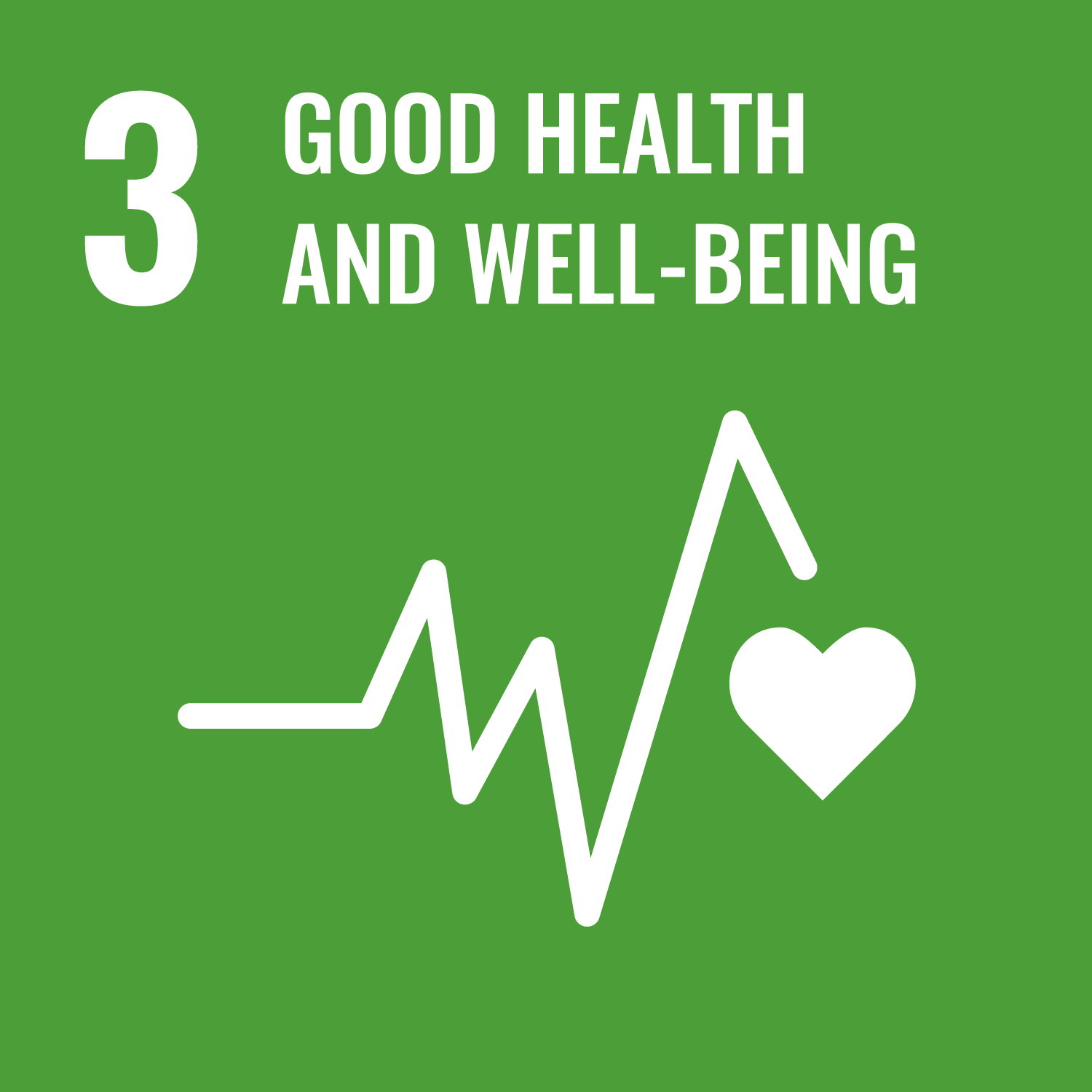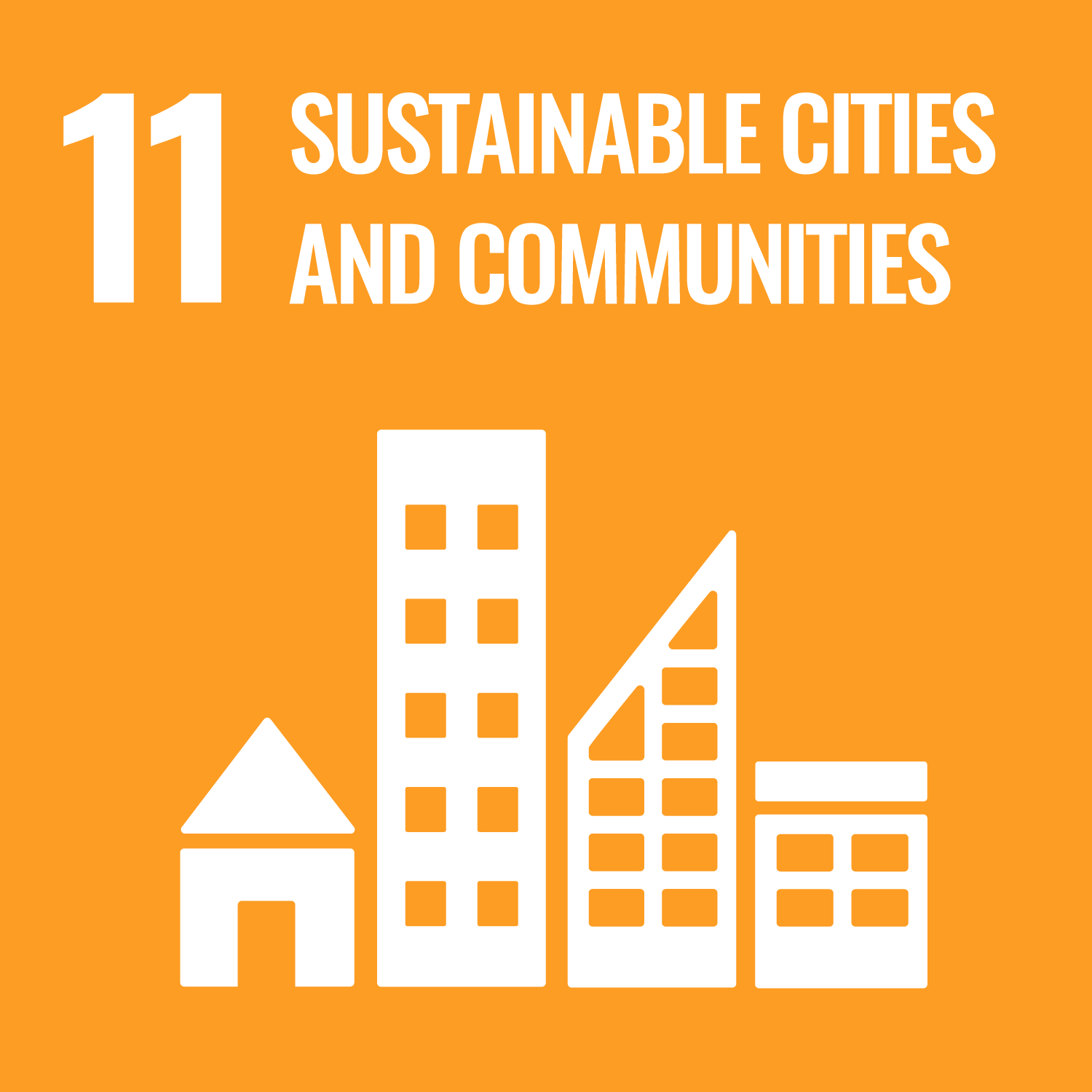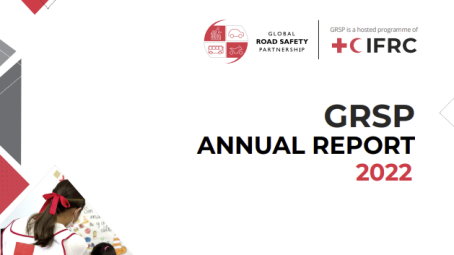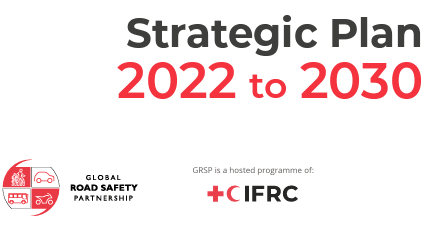Strengthening Road Policing in Addis Ababa
In the May kick-off meeting of the Bloomberg Initiative for Global Road Safety in Addis Ababa, Ethiopia, needs were identified to address drink-driving, over-speeding, helmet and seat-belt use, pedestrian safety and commercial public transport safety to reduce death and injury on the roads in the city.
The Global Road Safety Partnership (GRSP) met with the Addis Ababa Transportation Office, Ministry of Transport, the Addis Ababa Road Traffic Bureau and the Traffic Police Agency, to map and plan a programme to strengthen the road policing efforts.
Addis Ababa has an urban population of approximately 4 million people.[1] The diplomatic centre of Africa, it is one of the faster growing cities on the continent, with an annual growth of 3.8%.[2] This puts considerable strain on key infrastructures, including road networks. Pedestrians are also particularly vulnerable in the city with 80% of the city’s pavements in need of remediation work, and along 63% of the road networks there are no walkways, forcing pedestrians to walk and work on busy roads with few traffic controls. Lowering travel speeds will play an important role in reducing the exposure of pedestrians to risk.
Road transportation is the major transport mode in Ethiopia. This, combined with poorly maintained road infrastructure and limited road traffic law enforcement, causes more than 20 recorded road traffic crashes in Addis Ababa every day, with many more undocumented.[3]
There are a number of national frameworks and policies aimed at improving road safety including drink-driving, seat-belt and child restraint laws, as well as policies to promote walking and cycling, and investment in public transport, among others. While enforcement authorities have seen some success in the area of seat-belt wearing, other areas of enforcement are low.[4]
Currently, within the context of Ethiopia’s national road safety strategy and in alignment with the goals of the UN Decade of Action for Road Safety, there is a target to reduce road fatalities by 50% by 2020. Over the next 4 years of the Bloomberg Initiative for Global Road Safety in Addis Ababa, the partners will work towards achieving this by seeking to improve policies relating to road safety, and by strengthening the capabilities of the local law enforcement agencies to implement those policies.
A number of objectives were agreed upon during the meeting to guide action on road safety, including the use of data to assess needs and understand trends, thereby strengthening the strategic and effective enforcement of road safety related policies and standards. Building the capacity of road police in this area is critical to improving compliance among road users and in promoting a culture of safety in the city.
In working towards the city’s targets, GRSP, together with collaborators in the Bloomberg Initiative for Global Road Safety, will play a significant role in helping make Addis Ababa’s roads safer for all.
Partners of the Bloomberg Initiative for Global Road Safety include:
- EMBARQ
- Global New Car Assessment Program
- Global Road Safety Partnership
- Johns Hopkins Bloomberg School of Public Health
- National Association of City Transportation Officials
- The Union North America
- The World Bank-led Global Road Safety Facility
- World Health Organization
[1] http://unhabitat.org/?wpdmact=process&did=NjAyLmhvdGxpbms= (17/08/2015)
[2] http://www.ethiodemographyandhealth.org/Chapter_2_Population_Data_Source…
[3] http://www.grin.com/en/e-book/271526/road-traffic-accidents-and-human-se…
[4] World Health Organization, Global Status Report on Road Safety 2013, p. 109. http://www.who.int/violence_injury_prevention/road_safety_status/2013/co…






